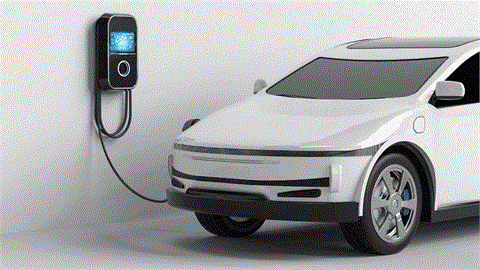The recent round of high-level political events in Brussels on the Western Balkans integration process clearly demonstrates that the region is still a priority in the EU’s agenda. The approach to maintenance of a so-called "credible” enlargement perspective adopted by the European Commission still resonates across the region since all candidate countries continue to knock at the EU’s door. However, their patience does have limits.
The conference organised by the Friends of Europe think-tank on Tuesday 5 November in Brussels is perhaps one of the latest events in a row where EU officials and representatives of the Western Balkans could have an open exchange of their opinions and could raise difficult questions concerning the process of integration. The discussion was more than comprehensive in the context of addressing challenges facing the region. However, the Prime Minister of Albania Edi Rama was more than straightforward when saying that the patience of his country and others is running out because of the belated integration process. If the Council does not proceed with opening accession talks by July 2018, Tirana will re-consider its political priorities and start working actively with other international actors.
"I will not exaggerate by saying that the EU has always been a role model and driving force for the Western Balkans, and up until present we are committed to being a part of the EU family. However, I do not understand politicians when they talk about a ‘united Europe’, but, at the same time, ask us to wait for a better moment until internal issues are resolved. If you say this, then China, Russia and Turkey will offer us something else,” Rama said.
When mentioning China, Rama added that Beijing "can afford some luxury over the next hundred years and has a lot to offer”. This statement should not be considered as unfounded. Brussels policy-makers are well aware of the fact that China actively engages new partners in the region through political and economic ties in various formats.
The managing director for Europe and Central Asia at the European External Action Service, Thomas Mayr Harting, tried, however, to reassure the leader of Albania about the EU’s commitments towards the integration process. He added that, when a new strategy towards the Balkans is presented by the European Commission, no later than January 2018, the Western Balkans will receive "a clear signal” about the EU’s commitments.
"The perspective of EU membership is the most attractive option for the Balkans. I doubt that the countries of the region want to become a part of the Chinese family,” added the diplomat.
A high proportion of the discussion was, however, lowered by the senior development adviser at EUCOM, Andrew Pitt, who focused on positive development in the region. Amongst these, Pitt mentioned the free and fair elections held this year in Serbia, Kosovo and the Former Republic of Yugoslavia Macedonia, the joining of Montenegro to NATO and the strong Atlantic security relations with the region. The representative of EUCOM also said that the US continues to support the process of deeper integration of the Western Balkans into the EU, but the regional politicians should also contribute to the dialogue as there are no benefits without a clear picture offered by the leaders.
Among other issues raised at the conference were the problems of high youth unemployment in the Western Balkans; the stalled process of the EU visa liberalisation for Kosovars, and the increase in ethnic tension in Bosnia and Herzegovina. For a region that is still recovering from the bloody events that took place during the Yugoslavian war, these issues represent great challenges indeed and require a deeper and constant involvement by the EU, preferably in the form of fostering closer relationships with the Western Balkans. Otherwise, as Rama observed fairly, "the multi-ethnic and multi-religious region will create multi-problems” in the strategic underbelly of the EU.
https://www.neweurope.eu/article/western-balkans-eus-mixed-signals-raise-concern-region/



